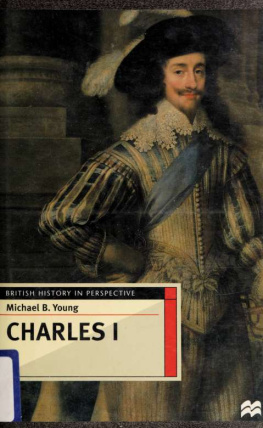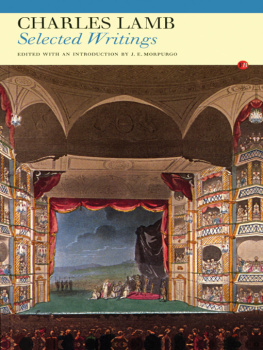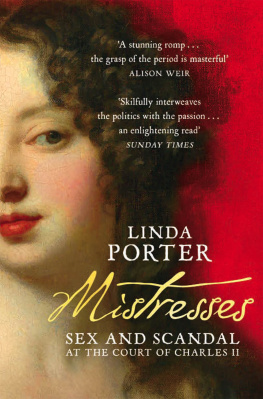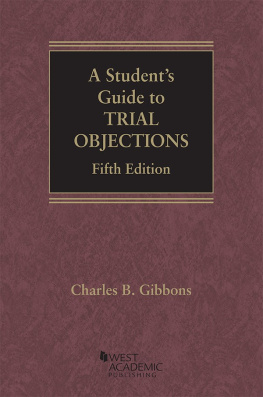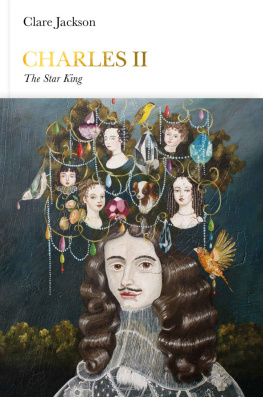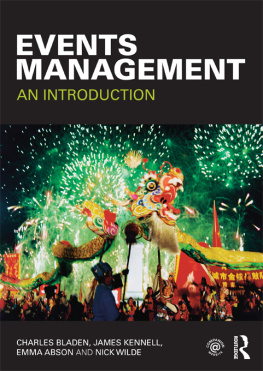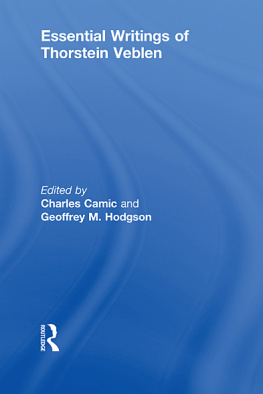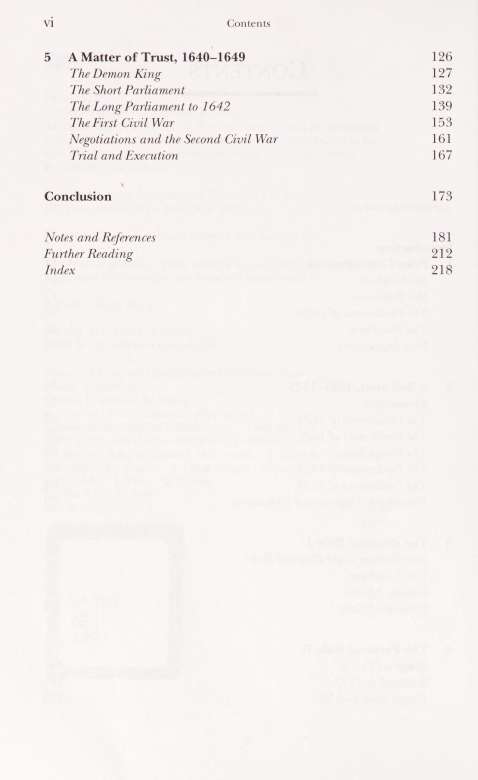This book made available by the Internet Archive.
Acknowledgements
I am profoundly grateful to Jeremy Black for the invitation to write this book. It was the perfect project at the perfect time, and I cannot thank him enough for giving me the opportunity. It has been a real pleasure working with Macmillan Press. I especially appreciate the professionalism of Vanessa Graham, Simon Winder and Judy Marshall. As always, I am indebted to Maija Jansson for her many favours and invaluable assistance at the Yale Center for Parliamentary History. I am also grateful to two colleagues who read parts of the manuscript and gave me excellent suggestions. Johann Sommerville commented on chapter 2, and Caroline Hibbard commented on chapters 3 and 4. I have profited greatly from their comments, though of course they are not responsible for what I have ended up saying.
A book of this sort, surveying the current state of scholarship in a field, is especially indebted to all the many authors who have contributed to the held. In my effort to assess this previous work, I hope readers will find that I have been as free with my praise as my criticism. I hope this is particularly true regarding the work of Conrad Russell. Some years ago Professor Russell and J. H. Hexter, an unlikely combination to be sure, gave me critical support and encouragement which I will never forget.
To My Parents
Introduction
I do plead for the liberties of the people of England more than you do, King Charles I told his accusers. But there was no dissuading the makeshift court that had been assembled to engineer his execution. It took only a week for the judges to announce their predetermined verdict: that he, the said Charles Stuart, as a tyrant, traitor, murderer, and public enemy to the good people of this nation, shall be put to death by the severing of his head from his body. Thus it was that on a cold January day in 1649, King Charles laid his head on the block, gave the signal to his executioner, and was beheaded with one blow of an axe in full public view. The crowd that had gathered for the spectacle clid not burst out in cheers. A young man who stood among them reported only such a groan as I never heard before, and desire I may never hear again. 1
It has never been easy for King Charles I to get a fair trial, but now is as opportune a time as any. The past two decades have witnessed a veritable deluge of new works about early Stuart politics. While these new works have caused excitement, they have also caused confusion. It has not always been clear how one work relates to another or how, in general, this new scholarship relates to older scholarship. More importantly for our purposes, it has not always been clear what the net effect of all this new scholarship is on the reputation of the king. The present book attempts to dispel this confusion. It guides the reader through recent literature about Charles, clarifies the relationship between one work and another, and assesses the extent to which new scholarship has improved upon old. This analysis is carried out, however, within a narrative framework which should make it more interesting and intelligible. The overall organisation of the book is chronological, and each chapter begins with a brief overview of events. Along the way there is enough background and explanation to meet the needs of readers not already well acquainted with the subject. We thus tell the story of King Charles Is reign while simultaneously assessing the different interpretations
Charles I
which historians have attempted to impose on that story. Our goal -as the title of this series, British History in Perspective, suggests -has been to put Charles back into perspective by examining his life in relation to what historians have been saying about that life. A book of this nature cannot have the uninterrupted dramatic drive of a biography, but it can engage the reader at a more advanced level where the subject matter of history and the creative intellect of the historian meet.
The confusion about Charles I is a fairly recent phenomenon. Toward the end of the nineteenth century, the great historian S. R. Gardiner wrote a multi-volume history of Charless reign that was so detailed and thorough it remained the standard authority for nearly 100 years. Writing in the Victorian era, it was natural for Gardiner to attribute the failures of Charless reign chiefly to defects in the kings own character. As Gardiner explained, Charles worked hard and paid close attention to the minutest details of business. For government in the higher sense, however, he had no capacity. To begin with, Charles did not view the world realistically. He looked upon the whole world through a distorting lens. He refused to look facts in the face or to subordinate that which was only desirable to that which was possible. As a result, Charles was inclined to misread a situation and overestimate what he was capable of achieving. The problem was compounded because, once Charles adopted a plan, he was obstinate in refusing to abandon it. Given these predispositions, Charles naturally encountered plenty of criticism, but he showed no capacity to absorb this criticism or learn from his mistakes. He had no power of stepping out of himself to see how his actions looked to other people. He was uncompromising and did not like to be contradicted. He displayed a persistent determination to ignore all opinions divergent from his own. Instead of adopting a conciliatory stance, Charless characteristic reaction was to relapse into silence, to fall back upon his insulted dignity, and to demand submission. One of Charless worst habits was his penchant for dividing people into two simple classes - into those who agreed with him, and those who did not. He combined blindness, narrowmindedness, and obstinacy... with an exaggerated sense of the errors of his opponents. All of these qualities made it likely that Charles would provoke confrontations and then lack the deftness to escape from those confrontations without making matters worse. There was a final, perhaps fatal, obstacle to any amicable resolution where Charles was concerned: he could not be trusted. Deep down inside,
Introduction
Charles lacked an elemental quality of veracity. He gave and broke his promises; he made promises never intended to be fulfilled. He practised duplicity, used deception, and resorted to doubledealing. 2 He was, to put it succinctly, a had king.

